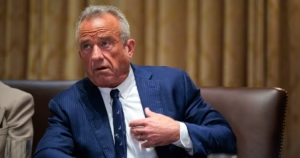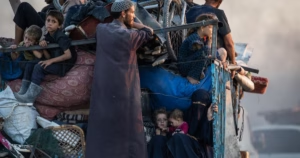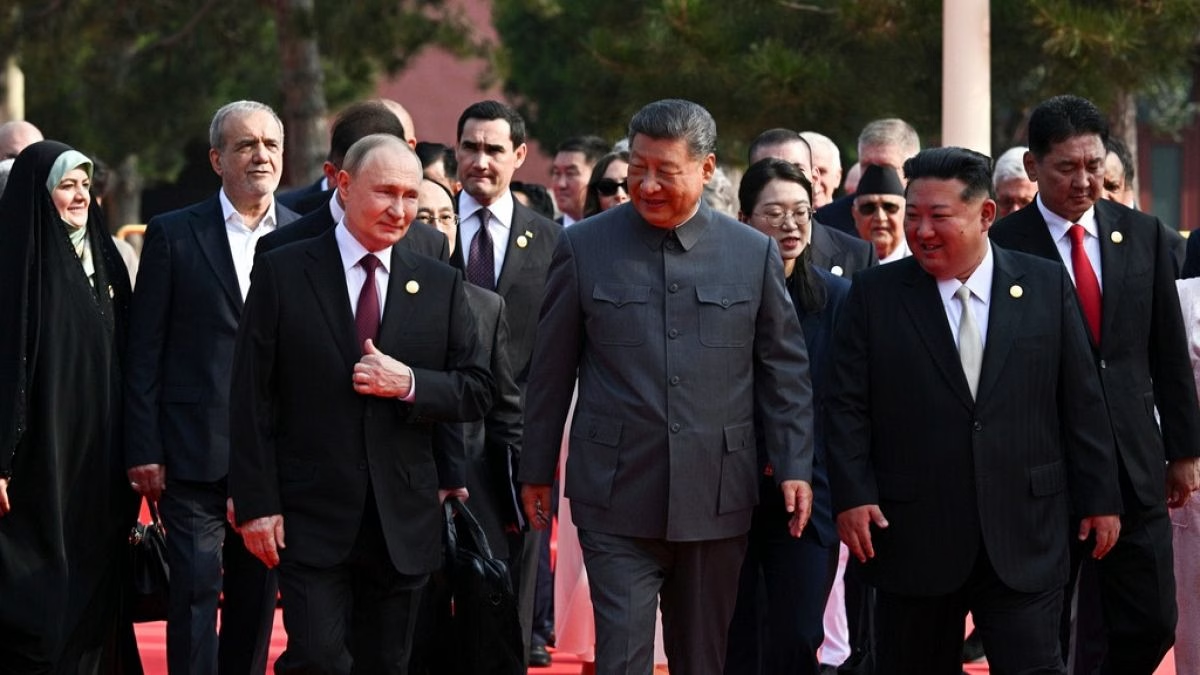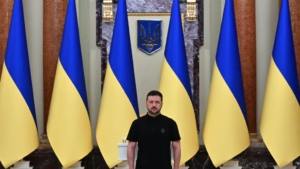
ADVERTISEMENT
During the military parade in Beijing on Wednesday, Russian President Vladimir Putin and his Chinese counterpart Xi Jinping were caught on a hot mic discussing the potential for organ transplants to lead to immortality while engaging in casual conversation.
Along with other world leaders such as North Korea’s Kim Jong-un, Belarusian President Alexander Lukashenko, and Pakistan’s Prime Minister Shehbaz Sharif, Putin and Xi were overheard while walking through the historic Tiananmen Square, en route to a viewing platform to observe the parade.
The parade commemorated Victory Day marking the 80th anniversary of Japan’s surrender, ending World War II. This year, China unveiled new weapons to the public for the first time.
Putin, speaking in Russian to a translator who conveyed his remarks to Xi in Mandarin, suggested that modern advancements in biotechnology could make eternal life achievable by continuously transplanting human organs.
According to an interpreter, Putin conveyed that previously, people rarely lived longer than 70 years, now considered young. With biotechnology advancements, transplantation of human organs can extend human lifespan, potentially leading to immortality.
Xi, speaking in Mandarin, responded that some predict humans could live up to 150 years old in the current century, confirming later with reporters that he and Putin had discussed potential life expectancy increases through organ transplantation and medical advancements.
Both Putan and Russian officials have shown interest in extending human life. Last year, Putin instructed lawmakers to establish a research center focused on combating aging and exploring methods to achieve immortality.
The project aims to address cellular aging, neurotechnology, and other factors with a mission to increase longevity.
Both leaders have shown little interest in stepping away from their political roles. Putin has been in power for over 25 years, while Xi has been in power for nearly 13 years and is currently serving an unprecedented third term in office, with both having made changes to their respective countries’ laws to maintain their power.




